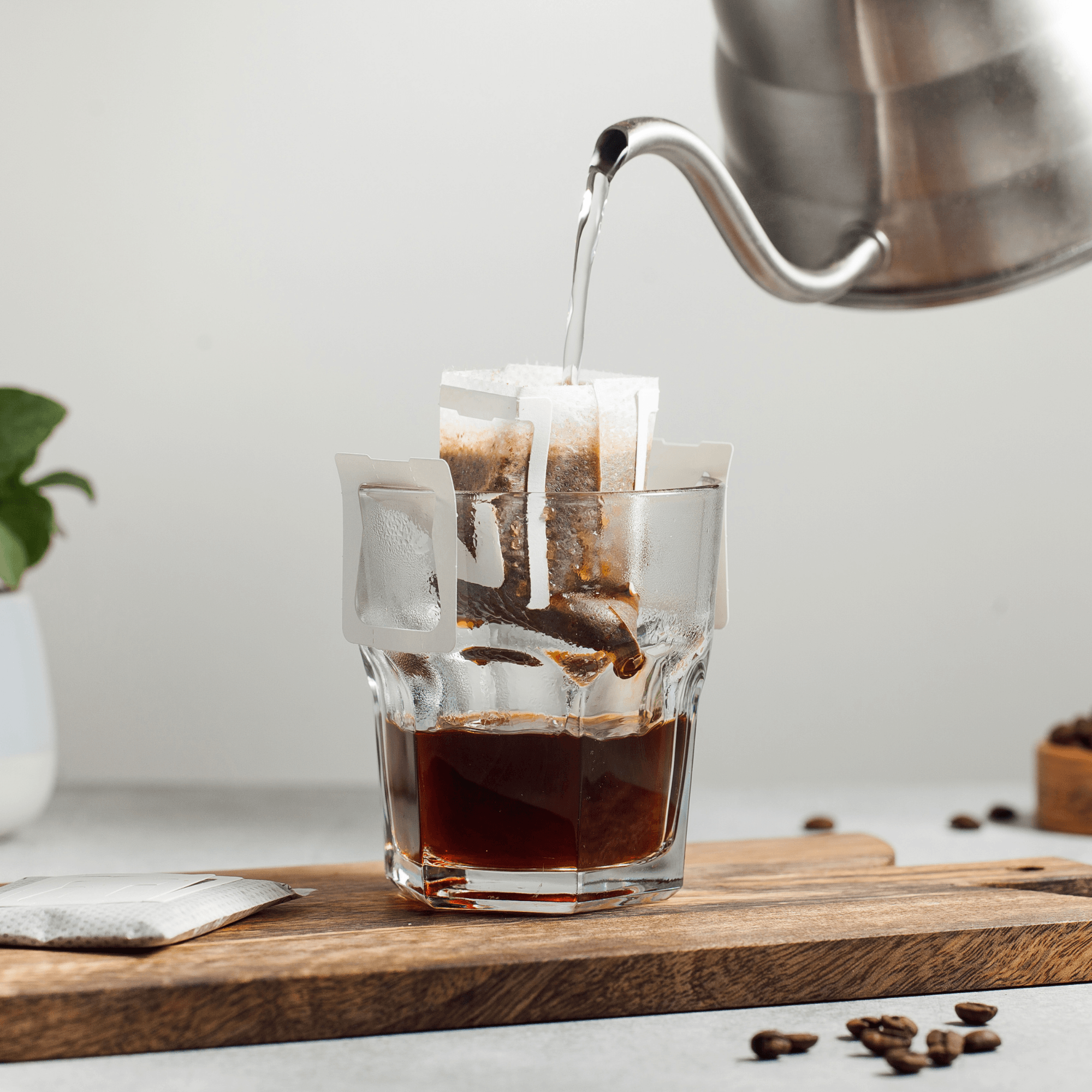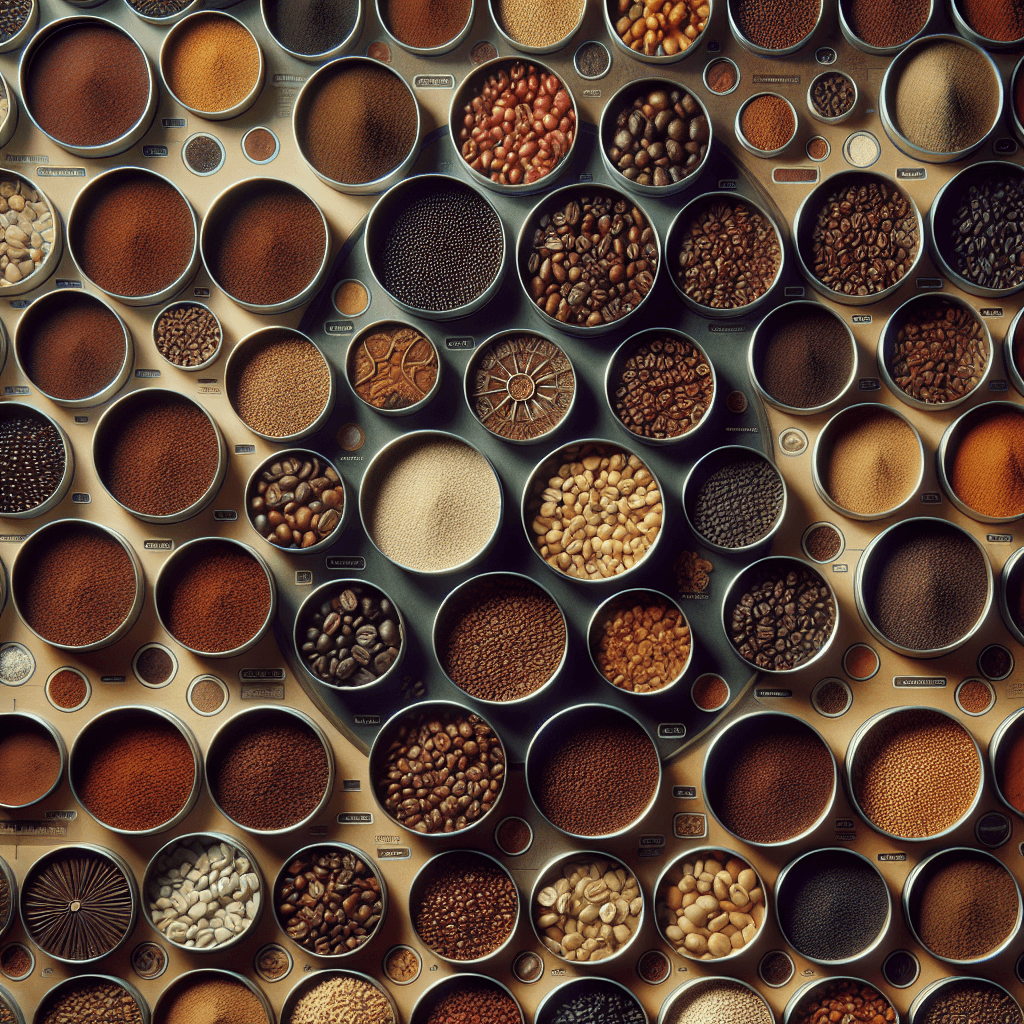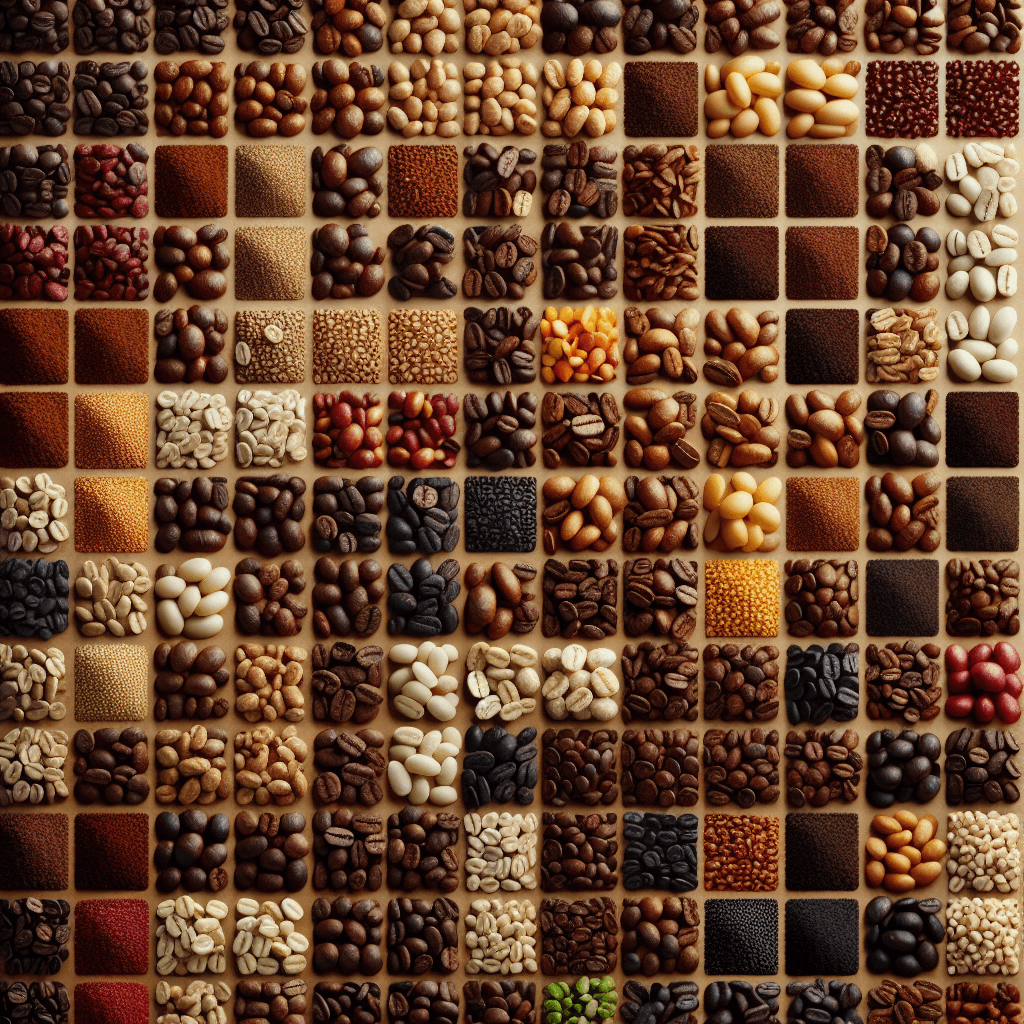Water Choice in Espresso Machine
Are you unsure about the type of water to use for your espresso machine? That’s understandable. Using the wrong type of water can lead to adverse effects in your espresso machine and change the taste of your coffee. Formulated water and hard water contain minerals such as magnesium and calcium. They can cause overheating issues in dual boiler espresso machines or heat exchange espresso machines. On the other hand, purified and distilled water might cause corrosive oxidation to parts of the espresso machine, making the pressure stat fail.
By following this guide, you’ll learn how poor water choice can affect the taste of your coffee and cause heating elements of your espresso machine to fail.
How Water Affects Taste
Water serves as a medium for coffee flavor by taking in oils and solids that the coffee beans or coffee powder holds. This results in coffee. Water that has small amounts of other minerals in it, such as formulated water, will be less able to take in such flavors. The reduced extracting ability prevents your coffee from tasting as flavorful as it should be.
How Water Helps Your Espresso Machine Work
Dual boiler espresso machines and heat exchange espresso machines have a metal probe through the top of the boiler. A low voltage of electrical current runs through this probe so that it can manage the water level. When the water level reaches the tip of the probe, electricity courses through the water via its minerals to reach the outer boiler wall. The espresso machine then picks up on the minute electrical activity and shuts the boiler refill valve. If the water level falls below the tip of the probe, the electricity will be paused, sending a signal to your espresso machine for a refill. It will then turn on the pump and refill the water.
If you use purified water, electricity will be unable to flow through the water. Without this electrical signal, your espresso machine will continue to refill without stopping, resulting in your boiler overflowing.
Water and Corrosive Oxidation
Poor water choice can cause corrosive oxidation on the metal components of your espresso machine. If your espresso machine has an in-built PID sensor to regulate the temperature of the water in the boiler, it can be filmed up by biofilms or corroded by magnesium and calcium. This causes the PID sensor to malfunction, reading a lower temperature than it's supposed to. This false reading will cause your boiler to act erratically and overheat as it repeatedly attempts to boil water that’s already been boiled. If this happens, you’ll need to remove and clean the sensor or replace it.
What’s the Best Water Choice?
It’s important to care for your espresso machine properly so it will serve your coffee needs for a long time. Use the right type of water when making coffee so you can protect your espresso machine. The best choice would be softened water. It has the good minerals required for your espresso machine to work properly without the minerals that can cause corrosive oxidation. You can measure water hardness by using a TDS meter or water hardness test strips. If you use softened water that’s between 35PPM and 85PPM, you’ll be able to enjoy a delicious, flavorful cup of coffee.









